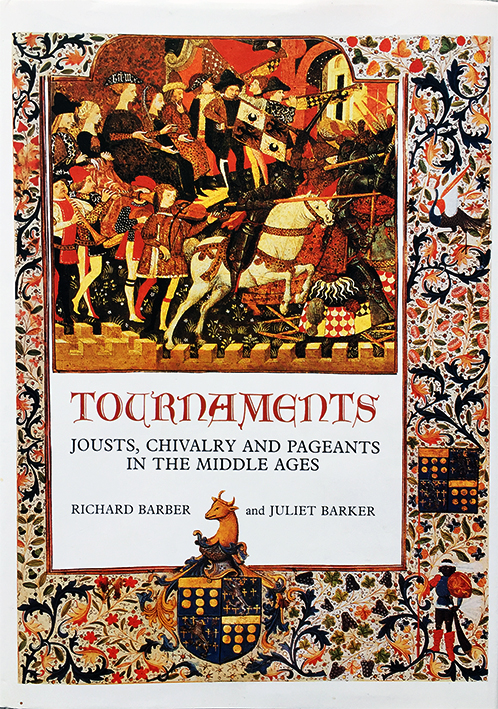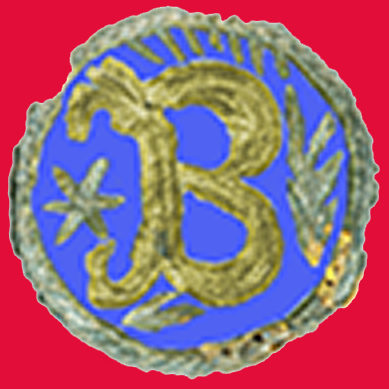
This is the first serious study of medieval tournaments throughout Europe. The romantic image of the tournament, derived largely from the literature of the middle ages, has perhaps been the reason why historians have tended to regard them as frivolous occasions, but recent research has encouraged a different view. Richard Barber and Juliet Barker illuminate the importance of tournaments, and reveal their place at the heart of medieval culture.
They are seen as having played a vital role in the training of a medieval knight, and they stimulated new developments in arms and armour; they were used by ruling princes for political patronage and thus made an important contribution to national order and stability; and they were occasions of glamour and splendour, confirming the power of the ruling order, and providing a public spectacle of the order of a present-day major sporting fixture. Their uniquely attractive feature, the combination of idealism with practical skills, gives an extraordinary insight into the medieval mind, and into the origins of many of the attitudes that colour life and behaviour in the western world today.
The tournament is the first sport for which detailed rules and regulations survive: from its history emerges the concept of ‘fair play’, and the word itself survives as a description of many of today’s sporting events. There are unexpected parallels with modern sport- the problems of public order, with entire towns on full police alert for tournaments, and the emergence of sporting heroes whose prowess has little practical application. The tournament reflects, as might be expected, the history of warfare; but many aspects of theatre are also first found in the tournament. Indeed, every theatre censor in Europe until the last few decades would have banned the occasion in 1428 when the Spanish king and his knights jousted on Sunday dressed as God and the Twelve Apostles. The details of tournaments yield unexpected and lively vignettes of medieval life: a father’s proud record of his son’s first tournament, an 80-year ting with his grandson, a knight begging for advice on ‘magic arts’, knights practising in the streets of Venice with bells on their trappings to warn bystanders to get out of the way. The visual aspects of the tournament are shown in a series of illustrations which bring the text vividly to life, and which include some of the finest surviving medieval manuscripts.
Since Tournaments was published, there has been considerable new scholarly work on specific topics. Major projects currently in progress include a study of the tournament book of René d’Anjou and a new and complete translation of the detailed narrative of the Spanish pas d’armes known as the Passo Honroso which took place in 1434. A current AHRC-funded project on The Joust as Performance: Pas d’armes and Late Medieval Chivalry by Rosalind Brown-Grant, and Mario Damen is due for completion next year.
When Tournaments was published, Boydell & Brewer invited The Medieval Society to hold a tournament at Framlingham castle. This is now part of the history of tournaments; in Tobias Capwell’s recent account of the tournament since 1996, he says that ‘at the Framlingham tournament, the slowly developing modern tournament culture was probably linked to scientific research for this time’. A video shot at the time will shortly be accessible on my youTube channel.
